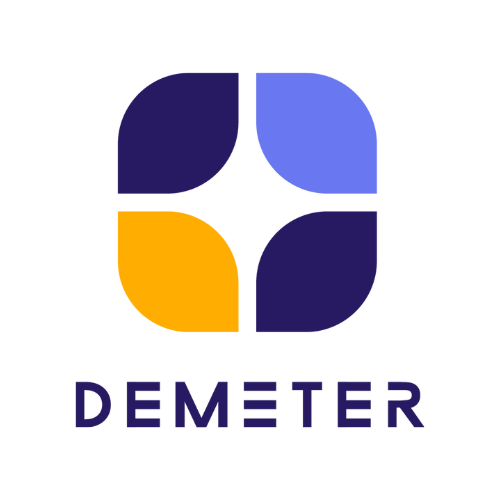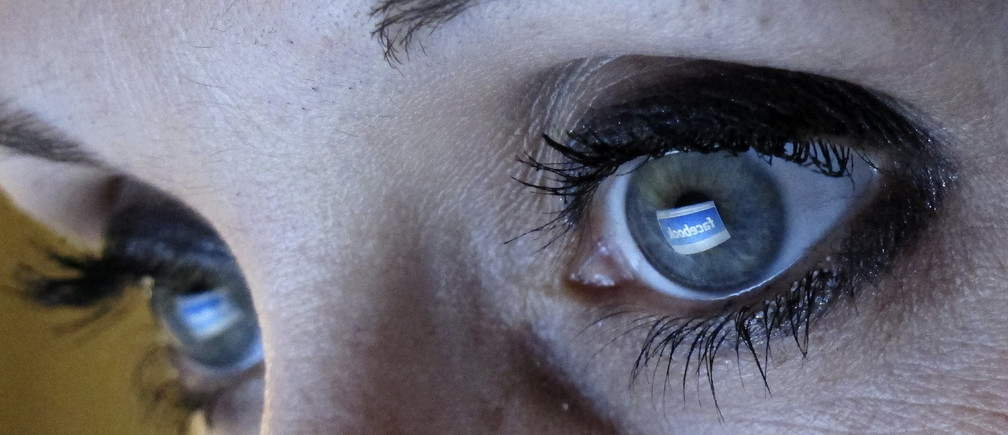Google’s artificial intelligence research lab DeepMind is exploring whether its technology could be used to identify early signs of eye diseases that ophthalmologists might not spot.
DeepMind, which was acquired by Google in 2014, has struck an agreement with Moorfields Eye Hospital in London that gives it access to about a million anonymous retinal scans, which it will feed into its artificial intelligence software.
The algorithm will target two of the most common eye diseases: age-related macular degeneration and diabetic retinopathy, which affect more than 100 million people around the world.
Machine learning technology will scour the images and search for signs of the diseases.
In a recent media release, Sir Peng Tee Kaw, head of Moorfields’ ophthalmology research centre, stated: “Our research with DeepMind has the potential to revolutionize the way professionals carry out eye tests and could lead to earlier detection and treatment of common eye diseases such as age-related macular degeneration.”
The work will help advance the ability of AI technology to detect signs of disease among massive amounts of patient data.
Can a machine detect disease before a human expert?
Ophthalmologists are increasingly using optical coherence tomography (OCT) scans to detect these two diseases. But though this system produces detailed images of the retina, as the DeepMind site explains, “OCT scans are highly complex and require specialized training for doctors and other eye health professionals to analyse.
“As a result, there are often significant delays in how quickly patients can be seen to discuss their diagnosis and treatment. To date, traditional computer analysis tools have been unable to solve this problem.”
DeepMind believes its AI technology has the potential to diagnose at-risk patients more quickly and prevent critical errors being made.
How will DeepMind use patient data?
DeepMind is not being paid for its work with Moorfields Eye Hospital, and has full access to patient records. All data will remain confidential, meaning that it will not be possible to identify patients.
Moorfields’ research and development office has already approved the sharing of anonymized historical data, and DeepMind says it has applied to the Health Research Authority, a body that protects patients’ interests, for clearance to access more sensitive data.
“This data-sharing deal currently appears to have followed the rules,” says Phil Booth of medical privacy advocacy group MedConfidential.
The data-set is historic, so while it could improve future care it cannot be used to help current patients.
Source: Could an algorithm save people’s eyesight? Google thinks so
Contact Us: Demeter ICT Company Limited, Authorized Google Apps Reseller
Demeter ICT – Top 3 of Google Workspace Partners in Thailand & Second Top Most SMB Sales Volume in Southeast Asia Q4 Year 2020
-
For additional information and special promotion call now!
Tel. +66 2 030 0066 (TH/EN)
Tel. +86 14778852841 (CH) - Facebook Page : @demeterict
- support@dmit.co.th



